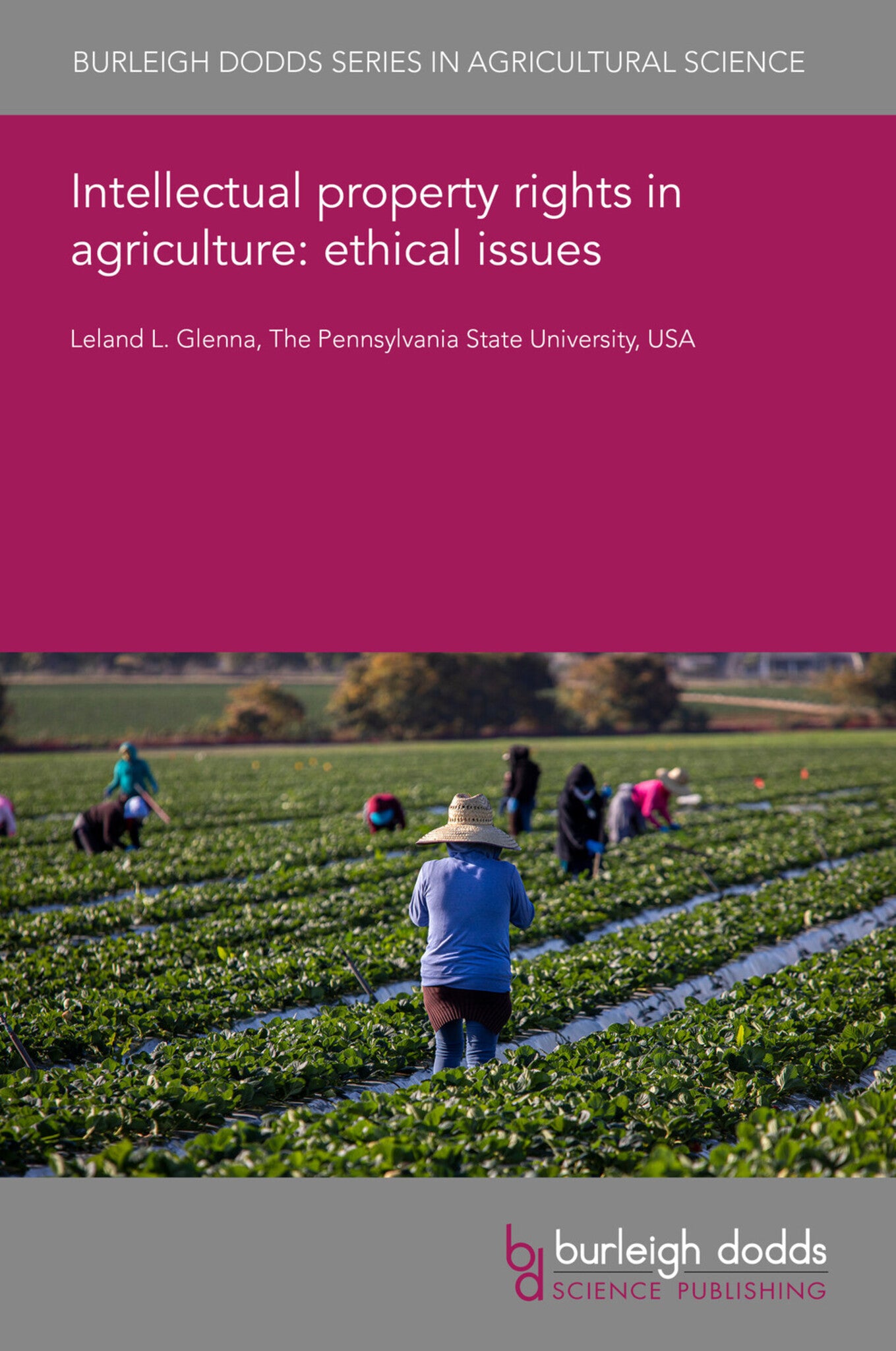We're sorry. An error has occurred
Please cancel or retry.
Intellectual property rights in agriculture: ethical issues

Some error occured while loading the Quick View. Please close the Quick View and try reloading the page.
Couldn't load pickup availability
- Format:
-
12 June 2023

The expansion of intellectual property rights, particularly utility patents, in United States (US) agriculture over the past 50 years is grounded in two social phenomena. The first is the development and application of agricultural biotechnologies. The second is the development of the knowledge economy. After utility patents became common in US agriculture, the trend expanded to other parts of the world and became a key dimension of global trade policy. The most prominent justification for applying utility patents in agriculture is that it enhances social welfare. However, evidence does not support this justification. Other ethical concerns arise in relation to the influence of utility patents on publicly funded research in agricultural universities. Given the failure of patents to meet social welfare expectations, along with the other ethical concerns, policy makers should reconsider the use of patents in agriculture.

TECHNOLOGY & ENGINEERING / Agriculture / Sustainable Agriculture, Sustainable agriculture, TECHNOLOGY & ENGINEERING / Agriculture / Agronomy / Crop Science, PHILOSOPHY / Ethics & Moral Philosophy, Agricultural science, Agronomy and crop production, Social and ethical issues

- 1 Introduction
- 2 Justification for intellectual property protection
- 3 Changes in the crop seed sector
- 4 Ethical considerations
- 5 Other ethical concerns
- 6 Positive and negative rights
- 7 The ethical limits of markets
- 8 Undermining institutional integrity: the university
- 9 Undermining institutional integrity: science
- 10 Contributive justice and problem-solving
- 11 Conclusion
- 12 References



